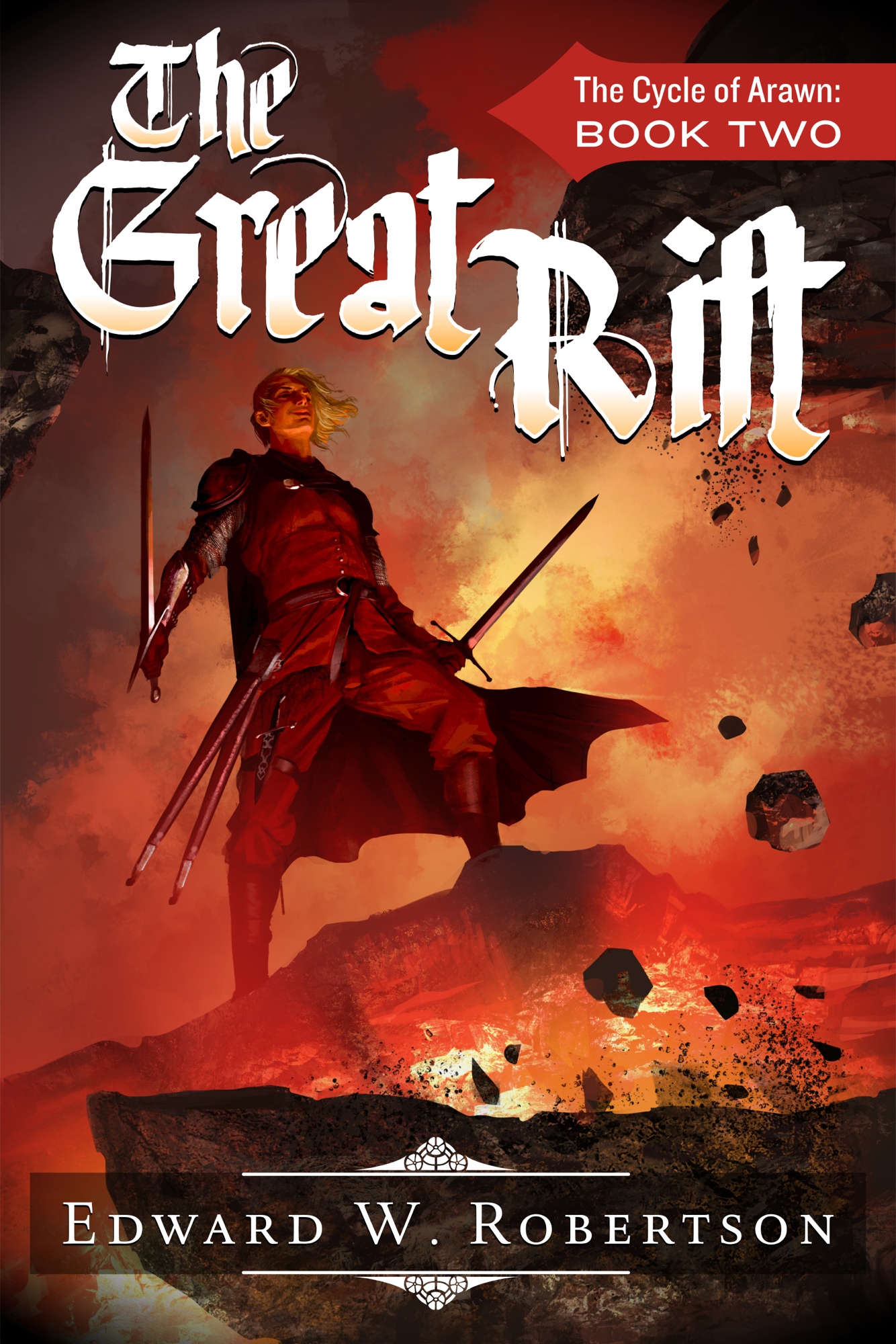Since last month, I’ve been trying out Amazon’s KDP Select program with my novels. Select is, to boil it down, a deal where you make your book exclusive to Amazon for 90 days in exchange for another sales route (borrows) and the ability to make your book free for 5 days. Being allowed to give your book away for nothing might not sound like much of a positive, but it can be kind of a big deal.
By and large, Select has been a very positive experience for me, one I should really blather about here. For now, check out Jim Kukral’s piece on Huffington Post about the pros and cons of the program. In it, he quotes several authors–including one stunningly handsome one–on their experiences with and feelings about Select. It’s a good snapshot of the ambivalent mood and level of success the indie community has for the program.
Oh, and since Jim started gathering his info for the piece, I’ve had another great Select run. Two days ago, I made Breakers free for one day. It was downloaded about 1600 times. Since going back to paid status, I’ve sold a bit over 300 copies.
So yeah, I’m a fan of Select.
First, the news: My novel The White Tree is currently featured at Spalding’s Racket.
Next, a digression: Over the last six weeks, I’ve added a new dimension to my writing career: indie publishing. Self-publishing, if you want to be more direct. Some talented but behind-the-times authors are still calling it “vanity publishing,” which.. well, I liked Hyperion an awful lot, Mr. Simmons. You write great AI. Let’s leave it at that.
Back on course: When you’re going it by yourself, you don’t have anyone advertising your work for you. Unless you’re one of those “guys with money” who can “hire publicists” and “eat dinner inside the restaurants instead of behind them.” But most of us, if we want people to know about our books, we have to tell them ourselves.
There are numerous ways to approach this, which I should probably explore in another post re: their relative shame index. For instance, I find interviews to be pretty painless: I’m not talking about why readers should buy a specific book, so the chance of sounding like a deluded used-car salesman is dramatically decreased. But in cases like this, where you’re basically saying “Hey, here’s my book, here’s why you might like to buy it”? I’m simultaneously excited by the opportunity and ashamed that I took it. I don’t think you have to feel that way. But I do.
Self-promotion has a definite learning curve. Here’s what I’ve learned so far: focus on the types of promotion you’re comfortable doing, be it interviews, tweets, forum involvement, guest blogs, describing your book on blogs that provide space for such things, etc. And even if you think your book is especially funny, poignant, action-packed, whatever, maybe you, as the author, are not the one to be promoting it as such. It’s one thing to reply to an interview question with “I try to write funny because funny things are funny.” It’s another to blurb your book somewhere with “A hilarious, can’t-put-downable read, My Immortal Masterpiece That Will Outlast Mankind Itself will touch your heart in ways that are illegal in 72 countries.”
I think I could have approached some of my blurb appearances a little better. But I’m sure my first agent queries were far from perfect, too, and I know my earlier stories would make me implode with shame. If there’s one thing about the process of becoming a writer, it’s that it teaches you to shrug it off, move forward, and vow to do better next time. To less failure ahoy!






